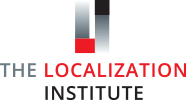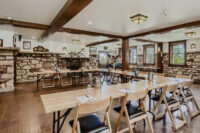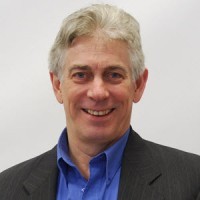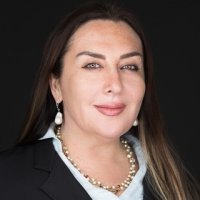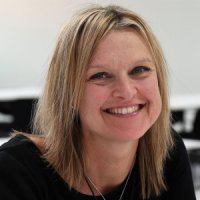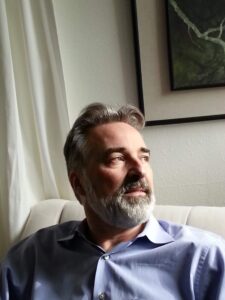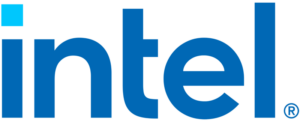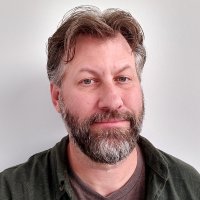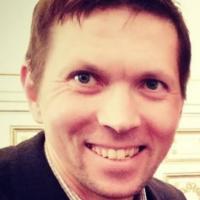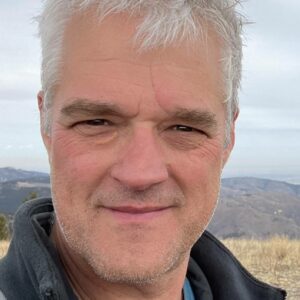Translation Technology Round Table
This event is being held on January 29-30, 2024 on the campus of The Colorado Chautauqua in Boulder, Colorado. Your registration also includes access to an Opening Reception on Sunday, January 28th and the conference dinner on Monday, January 29th. Registration CLOSES this Friday, January 26th.
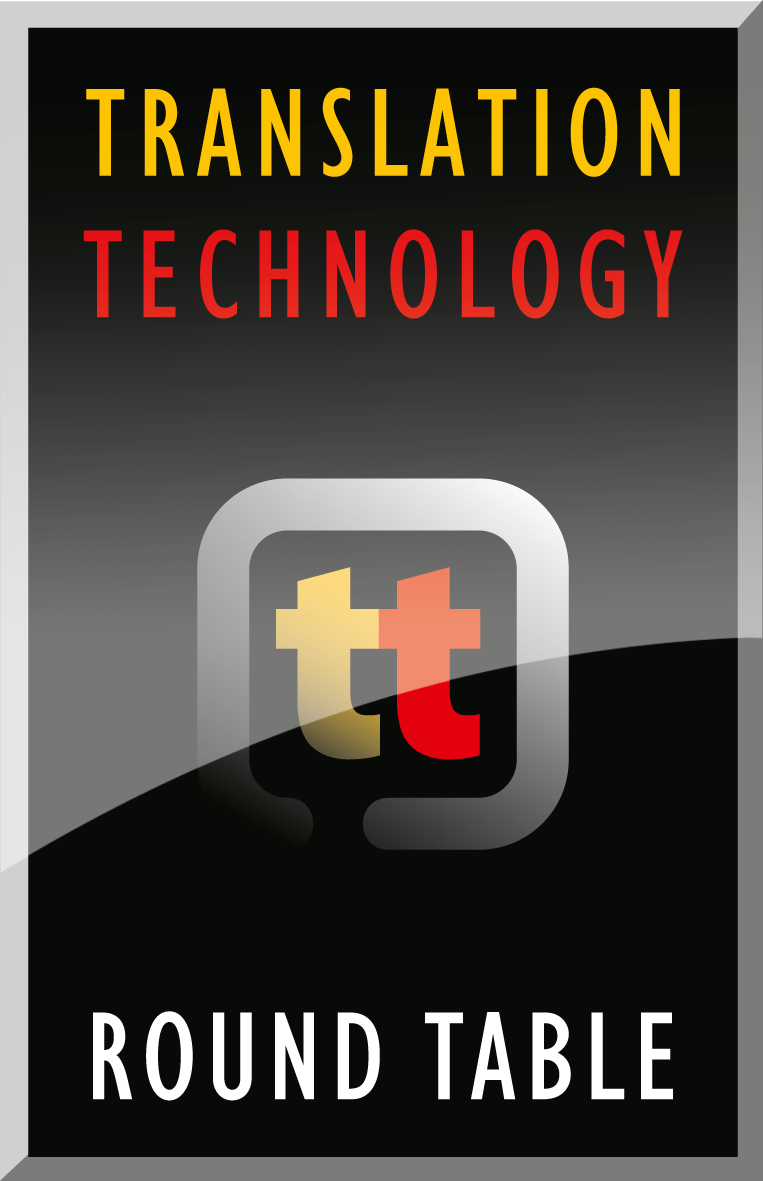

Round Table Details
Dates
SOLD OUT
Format
Multiday
Moderator:
Richard Sikes
Fee
$1300
Language
English
This Round Table is sold out!
Join our Waitlist.
Has Curiosity Killed the CAT? – The Rise of LLMs
The Translation Technology Round Table is a two-day event being held on January 29th and 30th, 2024 in Boulder, Colorado on the campus of the historic Colorado Chautauqua. It is the best opportunity this year to get up-to-date information about how translation technologies integrate with one another.
PLEASE NOTE: REGISTRATION CLOSES this FRIDAY, January 26th at 10am MT.
Registration also includes access to an Opening Reception at Avanti F&B – Boulder on the night of Sunday, January 28th and the conference dinner at The Chautauqua Dining Hall on Monday evening, January 29th.
An Advisory Board assisted in the creation of an agenda and to facilitate the topics and presentations that comprise the 2024 event. Most Board members plan to attend the Round Table. To assess the sophistication of information that will be available to attendees at the Round Table, read the bios of the Advisory Board members, included at the bottom of this webpage. There is a lot to be learned from this group of experienced industry practitioners.
10% discount for 3 or more customers from the same company – please contact jill@
What is the Round Table agenda?
Session 1: Reality Check
We cut through the Large Language Models (LLMs) hype by posing challenging, real-world questions. What have you really done using AI? How did you do it? What was the composition of the team who worked on it or with it? How did it help? Moderator: Erik Vogt
Session 2: Prompt Solutions
We ask where LLMs should reside in the overall translation process. Is there such a thing as a human-driven, LLM-powered global content creation and curation process? Where does prompt engineering belong in the localization ecosystem? Will today’s linguistic personnel become tomorrow’s prompt engineers? What other roles will LLM adoption generate? Moderator: Olga Beregovaya
Session 3: One for You, and You, and You
Do LLMs portend a shift toward original geo specific content creation? What kind of tooling and workflow would be necessary to manage non-equivalent localization projects? Is there a way to legally manage the risks of decentralized regional content creation? Can cross-lingual communication function in the context of user forums? Moderators: Oleksandr Pysaryuk and Richard Sikes
Session 4: Migratory Malaise
What impacts are felt by humans when migrating from one system to another? What causes system migrations to fail? What technical and human obstacles must be overcome for a successful migration? Will standards such as XLIFF, TBX, TMX and their brethren continue to serve us in the new era? What can get lost in migration? What can be found? Can we envision a future without translation memory? Moderator: John Weisgerber
Session 5: Grab Bag 1
Prior session redux or new ideas? You decide! Moderator: Richard Sikes
Session 6: Manual Transmission
How can we use automation to perform higher quality work with less manual effort? What is blocking your automation efforts? What tasks that do not add value to end output can be removed? Who should be responsible for fixing broken automation. How does GenAI influence the established automation problem space? Moderator: Paula Hunter
Session 7: The Beat Goes On
Is continuous localization an excuse to by-pass every good practice in localization? Are there new tech stacks and methodologies to support this way of working? What can LangOps learn from DevOps? What is Doc as Code? How about implementing Loc as Code? Can continuous localization function in MarketingOps? Moderators: Oleksandr Pysaryuk and John Weisgerber
Session 8: Grab Bag 2
Prior session redux or new ideas? You decide! Moderator: Richard Sikes
Round Table Location
The Round Table will take place at The Colorado Chautauqua in Boulder, Colorado.
Round Table Organizer and Moderator
Advisory Board Members
Round Table Decorum
The Round Table’s success depends on people being willing to share information and experiences freely. To encourage that, the sessions are not recorded or republished and no formal minutes or records are kept. Attendees are free to keep their own notes.
Discussion of translation tool prices and details of vendor contracts is not permitted. The round table is being limited to a maximum of 30 participants in order to keep the event intimate and allow everyone the chance to be heard in the discussions. The round table event also requires a minimum number of 15 participants in order to take place.

